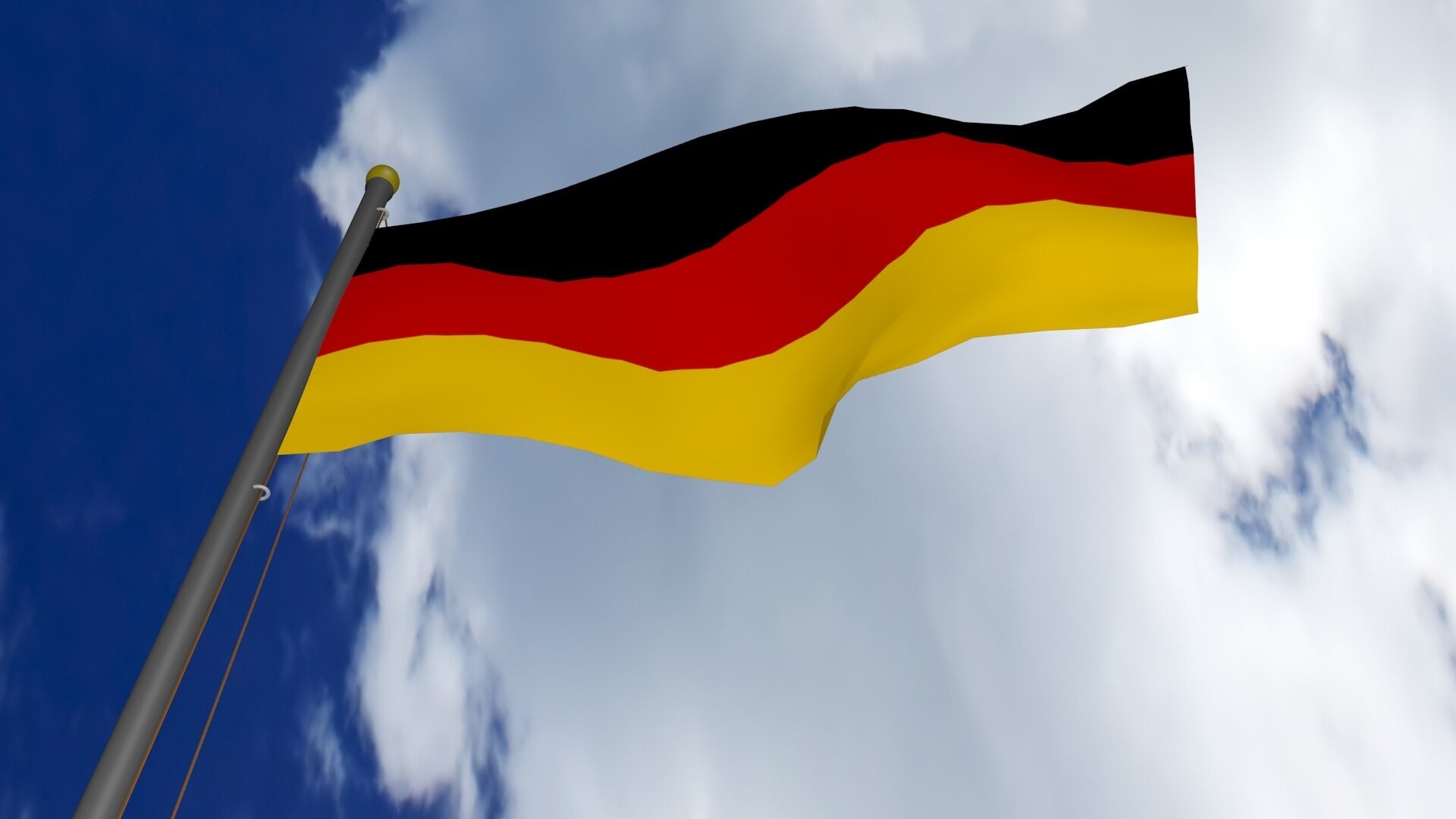
“Culture expresses the nation beyond what words can convey. It includes art, language, religion, food, and the overall way of life an individual or group of people commonly share or follow, passed down from ancestors to the current generation, with modifications along the way”
Germany is a beautiful and economically sound European nation with rich cultural history. Let’s know German culture better:
Orderliness — a conclusive word for the german culture
Germans believe that there must be an order, which, in their own language, translates to “Ordnung muss sein”.
Orderliness here means being punctual, following cleanliness, being quiet after 10 pm, respecting each other’s privacy, or say having the highest moral standards. Despite the love for order, anything is alright here, until it’s done in a suitable location and in the right order. Such a liberating place to be in.
Some more activities not to do in Germany
-
Do not expect free water in restaurants.
-
Do not board a bus/train without a ticket. If caught violating this rule, one must pay a hefty fine.
-
Germans use separate bins for throwing glass, plastic, paper, organic waste, and other kinds of waste to recycle later. So only throw waste into the bin where it’s meant to be.
-
Do not do small talk with strangers like asking them about how they feel about the weather.
-
Don’t be extremely reliant on cards in Germany. Carry some cash with you to avoid inconvenience.
-
Don’t walk in the bicycle lane.
-
Do not wish a German before or after their birthday.
-
Do not ride in the middle and left lane of the highway if you are going slower. We should ride slower cars on the right lanes and leave other lanes for faster cars.
German culture facts
-
Some important German national symbols are:
National day: October 3rd (Unity day of Germany)
National anthem: Deutschlandlied
National currency: Euro
National fruit: Apple
National dish: Sauerbraten
-
Oktoberfest is a festival of beer and fun that begins in mid-September in Munich and is popular worldwide.
-
Germany’s national highway autobahn is without speed limits.
-
The German holidays incorporate New year, Easter, Christmas, Pentecost, Mardi gras, and Germany’s unity day.
-
The most popular German beverage is beer followed by wine.
-
There are 300 types of bread and 5000 types of beers in Germany.
German lifestyle
Germans are easy-going people with a love for sports — almost one-third of them engage with some form of club. They have achieved the highest GDP in Europe by only working around 35 hours a week. They surely compensate for fewer working hours by generating maximum productivity out of it. The rest of their time is spent in leisure, local or international travel, or by playing sports. Also, Germans are fond of perfectionism in all aspects of their life.
Halves of Germans still live in rented apartments while the other half own their own house. The organization of their apartment is typically based on their own preference rather than a trend or fashion — as they say, a person is known by the place in which they live.
The traditional work division still continues in Germany, where women do the household work and men do the repair or other physically strenuous tasks. Lastly, Germans value their family and community a lot.
German food culture

Picture: Sausages (German's favorite food)
Prehistorically, Germans used to consume wheat, barley, meat, and dairy products. But these days, more ingredients have been part of German food, including grapes, potatoes, cabbage, bread, and sausages. Pork is the most preferred meat in Germany, followed by beef and chicken in their respective order. Sausages are a big part of German food culture.
A typical breakfast in Germany is done around 7:30 am. It includes bread served with cheese or ham. While some may prefer vegetables and fruits for this period. With all this, coffee is also a part of the breakfast table.
Germans consider lunch as a filling meal and prefer cooked and hot cuisines. Meat is an essential part of the german lunch and is supplemented with potatoes and vegetables. Other preferred cuisines for lunch include spaghetti, noodles, and potato dumplings. Some may even include yogurt with jam as a dessert.
A typical German dinner would include bread for sure. They even call their dinner - evening bread. The cuisines for dinner seem like a repetition of breakfast and served cold.
German culture clothing
The Dirndl and Lederhosen are the most important traditional dresses in Germany. Women wear dirndls which have a bodice with a low neckline, a shirt under the bodice, an apron, and high-waisted skirts.

Picture: German women in Dirndl
Lederhosen is for men which translates into leather trousers. It is up to knee-length and is complimented with haferl shoes. Lederhosen was traditionally worn by working-class men because of its immense strength compared to other fibers.
 Picture: German men in Lederhosen (leather trousers)
Picture: German men in Lederhosen (leather trousers)
Despite their origin from the working-class population, Dirndl and Lederhosen are now worn by all Germans on auspicious occasions.
Lastly, modern German clothing culture can be summarized into two words: practicality and simplicity. You would rarely see a German wearing tight skinny pants or anything uncomfortable. Also, they aren’t big spenders on fashion.
German culture symbols
Because of Christian influence, the sign of the crucifix is the most important German symbol. Also, as there are many Muslims in Germany, the star and crescent symbols are popular. Other German symbols include a coat of arms, Brandenburg Gate, and Eisernes Kreuz.
In the present day, the flag of Germany and the European Union are significant symbols too.
Religion in Germany
“Religion is the faith in higher supernatural controlling power — in easier words, belief that God exists.”
Germany has a multitude of religions where most of the population follows Christianity(Protestantism and Catholicism). The minority of inhabitants heed after Judaism, Buddhism, Hinduism, and atheism( a philosophy that disagrees with the existence of gods )
Language in Germany
The official language of Germany is german; which is natively called Deutsche and is spoken by 95% of the total inhabitants. We know the German language for having formal and non-formal words for different situations while they impart the same meaning.
The other popular languages spoken in Germany are Danish, Sorbian, and north friskian. Also, many Germans do have a good grasp of English too.
Hope you found this informative. If you did, why now check out:





